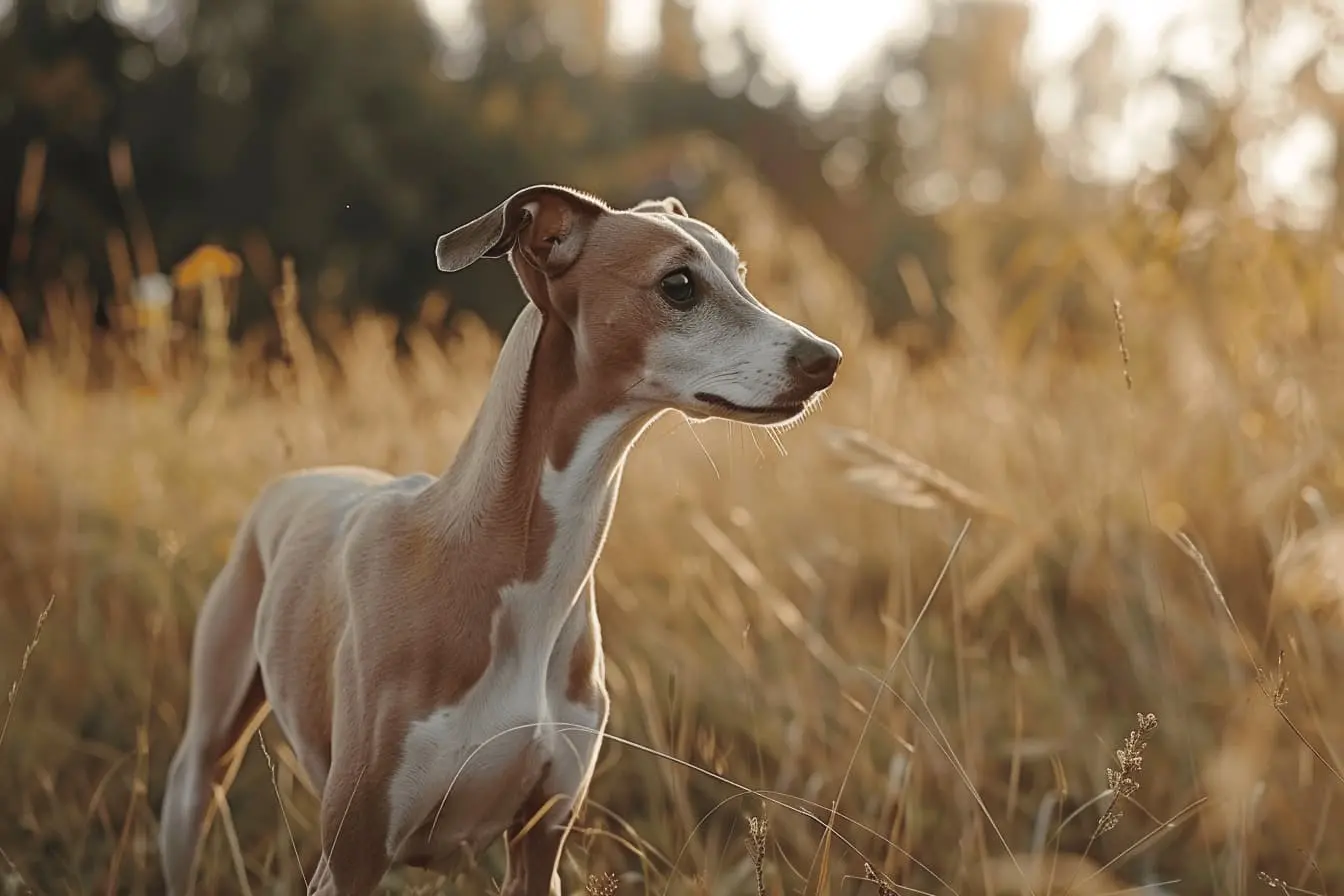
The Boxer: A Loyal Companion with Boundless Energy
The Boxer, with its distinctive appearance, boundless energy, and affectionate nature, has become a beloved breed among dog enthusiasts worldwide. Known for their muscular build, short coat, and expressive faces, Boxers make excellent family pets, combining the roles of a loyal companion, vigilant watchdog, and playful friend. If you're considering welcoming a Boxer into your home, it's important to understand the breed's characteristics, care requirements, and temperament to ensure they're the right fit for your lifestyle. This comprehensive guide covers everything you need to know about owning a Boxer.
Breed Overview
Originating from Germany in the late 19th century, the Boxer was initially bred from the Old English Bulldog and the now extinct Bullenbeisser. Designed to be a working dog, the Boxer excels in various roles, including guard dog, service dog, and therapy dog, thanks to its intelligence, strength, and loyalty.
Physical Characteristics
- Size: Boxers are medium to large dogs, with males standing 23-25 inches at the shoulder and females 21.5-23.5 inches. They typically weigh between 30-36kg for males and 22-29kg for females.
- Coat and Colour: They have a short, smooth coat that requires minimal grooming. Common colours include fawn, brindle, and occasionally white, with or without white markings.
- Lifespan: The average lifespan of a Boxer is around 10-12 years.
Personality and Temperament
Boxers are known for their playful, energetic personality and unwavering loyalty to their families. They are affectionate and enjoy being part of all family activities. Despite their sometimes intimidating appearance, Boxers are gentle with children and make excellent companions for them, often showing a protective instinct.
Their high energy levels and intelligence mean they require regular mental and physical stimulation to prevent boredom. Boxers are social animals and do not like being left alone for long periods.
Exercise and Training
Boxers require daily exercise to manage their energy levels and maintain their health. Activities like walking, running, and playing fetch are ideal. They also excel in dog sports such as agility and obedience training, which can be excellent outlets for their energy and intelligence.
Training should start early, as Boxers can be stubborn. They respond best to positive reinforcement methods, such as treats and praise. Consistency and patience are key in their training regimen.
Health and Care
While Boxers are generally healthy, they are prone to certain genetic conditions, including heart issues (such as aortic stenosis), hip dysplasia, and some cancers. Regular veterinary check-ups and a healthy diet are important to keep them in good shape.
Their short coat is easy to care for, requiring only occasional brushing to remove loose hair. However, they can be sensitive to extreme temperatures, particularly heat, due to their short snouts, so it's essential to monitor them in warm weather.
Living with a Boxer
Boxers are adaptable and can thrive in various living situations, but they do best in homes where they have plenty of space to play and access to a securely fenced garden. They enjoy being part of the family and should live indoors with their human companions.
Despite their friendly nature, Boxers make excellent watchdogs, often barking to alert their owners of unfamiliar or suspicious activity. Their protective nature and strong bond with their family make them a formidable protector.
Is the Boxer Right for You?
If you're looking for a loyal, energetic, and affectionate companion who will be an active participant in family life, the Boxer may be the perfect breed for you. They are best suited for owners who can provide them with the exercise, training, and companionship they need to thrive.
However, if you're away from home often, prefer a more low-energy pet, or aren't prepared to commit to their training and exercise needs, a Boxer might not be the best fit for your household.
Conclusion
Owning a Boxer is a rewarding experience that brings joy, laughter, and companionship into your life. Their loyalty, protective nature, and playful energy make them beloved family members. With the right care, training, and environment, a Boxer can become an indispensable part of your family, offering love and loyalty for years to come.
Vets near you
Speciality vets
- Aquatics vet specialists
- Birds vet specialists
- Camelids vet specialists
- Cats vet specialists
- Cattle vet specialists
- Deer vet specialists
- Dogs vet specialists
- Equines vet specialists
- Exotic vet specialists
- Goats vet specialists
- Pigs vet specialists
- Poultry vet specialists
- Sheep vet specialists
- Small Mammals vet specialists
- Wild vet specialists
Vet facilities
- Accessible by public transport
- Blood testing
- Car park nearby
- Client car park
- Dentistry
- Diagnostic imaging
- Disabled public access
- Flea and worm treatments
- Microchipping
- Mobile services
- Neutering
- Open at weekends
- Out-of-hours service
- Referral interests
- Referrals only
- Street parking outside
- Toilets available
- Vaccinations



